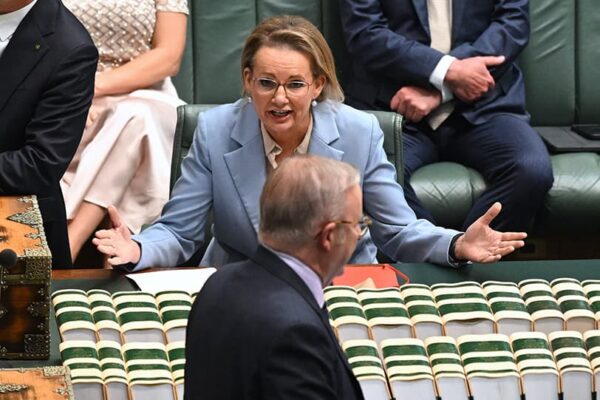On this episode of Dollars & Sense, Greg and Elinor discuss the persistent rumours of changes to the capital gains tax discount, why government spending isn’t to blame for the latest inflation increase, and the impact of the federal government’s five per cent deposit scheme on lending figures (and don’t discuss wages as promised last week, cus Greg can’t read a calendar).
This discussion was recorded on Thursday 12 February 2026.
What we owe the water: It’s time for a fossil fuel treaty by Kumi Naidoo, is available now for just $19.95. Use the code ‘PODVP’ at checkout to get free shipping.
You can also subscribe to the Vantage Point series to get four essays a year on some of the most pressing issues facing Australia and the world.
Host: Greg Jericho, Chief Economist, the Australia Institute // @grogsgamut
Host: Elinor Johnston-Leek, Senior Content Producer, the Australia Institute // @elinorjohnstonleek
Show notes:

